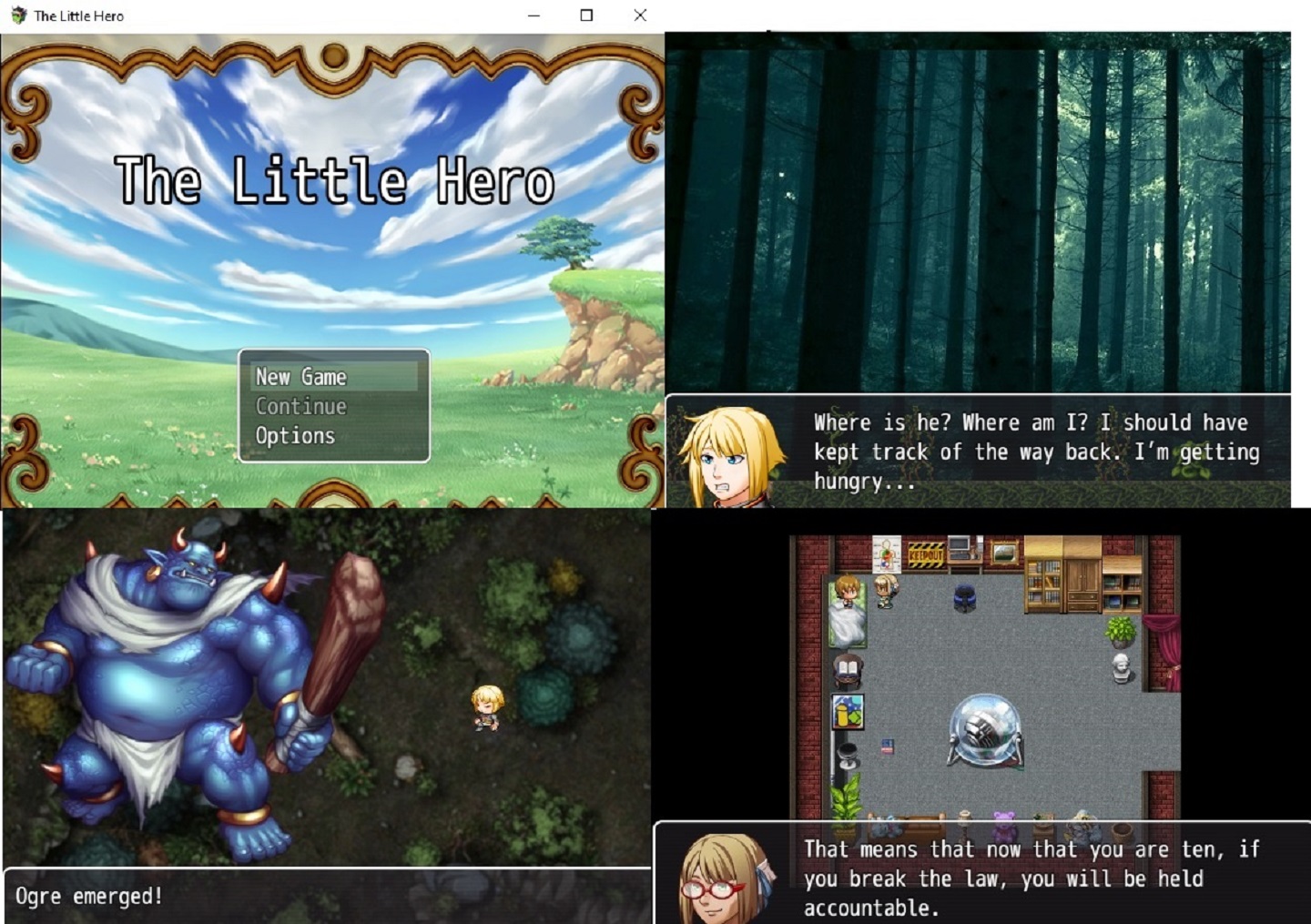Aberystwyth students create resources to teach children about youth crime

A screenshot from a computer game designed by an Aberystwyth University student to communicate with children about the minimum age of criminal responsibility.
20 December 2022
A catchy song played on a ukulele and a novel computer game were amongst the innovative resources designed for primary school children by Aberystwyth University Criminology students.
The Youth Crime and Justice module, taught at the Department of Law and Criminology, provides students with an understanding of child development, youth crime and the treatment of children who offend, as well as evaluating a number of youth justice initiatives.
As part of the module, students are set an assignment to produce an age-appropriate resource to help children to understand the concept of the minimum age for criminal responsibility.
The minimum age for criminal responsibility in the United Kingdom has been the subject of debate for many years.
Since the 1960s, children and adolescents aged 10 and above have been considered criminally responsible in England, Wales and Northern Ireland. In Scotland, the age for criminal responsibility was recently increased to 12 years old.
Dr Kathy Hampson, who leads the Youth Crime and Justice module, explains: “A 10 year old in England or Wales can be convicted of a crime, and subjected to a police investigation which could result in a lifelong criminal record. However, the concept of criminal culpability of children is not taught in schools. We encourage our students to consider this fact, and respond to the challenge by developing a resource for communicating with children about the minimum age of criminal responsibility.”
“This year’s creative assignments were particularly inventive and original. One of the students composed a song with ingenious lyrics, complete with harmonies and a ukulele accompaniment. Another produced a wonderful children’s book, and one student coded a computer game from scratch, with an excellent accompanying dialogue.”
“I was really impressed at the amount of effort and creative energy that the students invested in developing their entertaining and informative resources. The assignment also demonstrates that there can be more inventive ways of assessing student learning than through setting an essay.”
Dr Kathy Hampson is a Lecturer in Criminology at Aberystwyth University. She worked with children in the criminal justice arena for many years, and researches youth justice systems, custody and resettlement, and the addressing of criminal behaviour by children.



